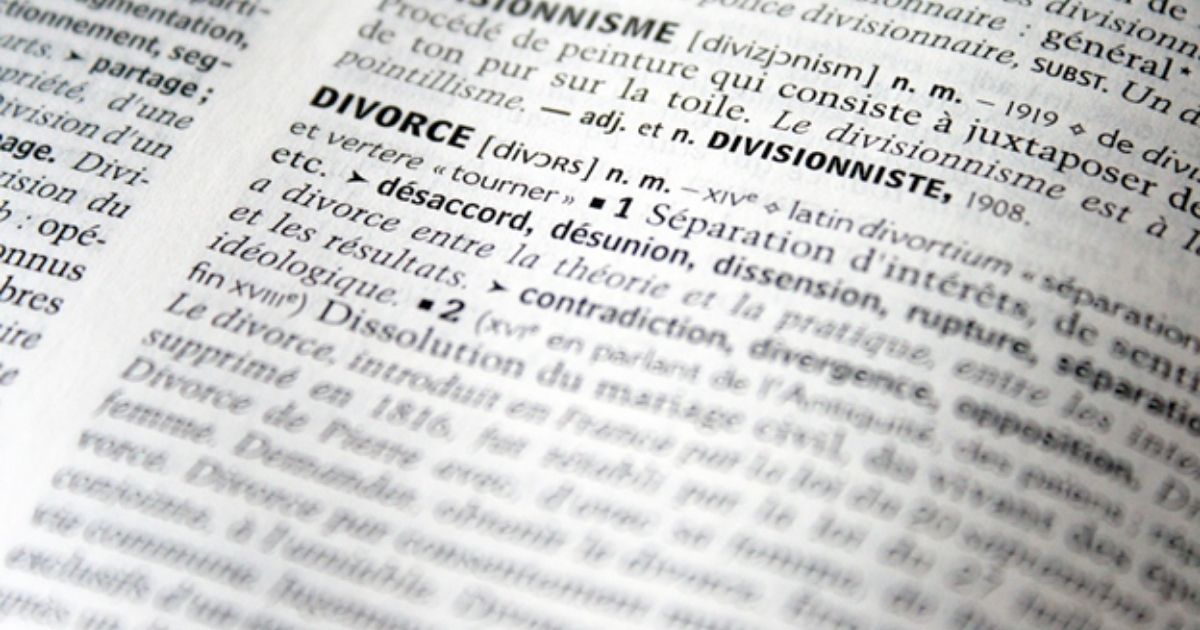Annulment vs. Divorce: Which is Right for You?

When a long-term partnership ends, there are often legal ramifications. After the dissolution of a marriage, the parties involved seek a divorce, ending the legal marital contract. In some cases, however, the parties contend that the marriage was not legal to begin with. If this is the case, then the individuals may seek an annulment.
Understanding the legal ramifications of an annulment vs. divorce is essential to choose the right option for your situation. It allows you to make a fully informed decision when the time comes.
The Difference Between Annulment vs. Divorce
Although the consequences of an annulment and divorce are similar, there are a few differences. The main difference between annulment vs. divorce has to do with the process of filing and the legal after-effects.
Annulment
In a legal sense, an annulment erases a marriage. It is based on the premise that the marriage was never actually legal or valid. To be granted an annulment, the party that files the motion is responsible for proving grounds for the erasure of the marriage. There are a handful of reasons a court may grant a petitioner an annulment, including:
- Fraud
- Bigamy
- Mental incapacity
- Mental illness
- Forced consent
- Inability to consummate the marriage
- The marriage is prohibited by law, as in the case of incest or underage marriage
An annulment also differs from divorce in its after-effects. Because an annulment voids the marriage contract, neither spouse can gain spousal support. In addition, the division of property and other assets is not decided the same way as in a divorce—in an annulment, the assets are returned to the parties as if the marriage never took place.
Divorce
A divorce is a dissolution of a legal marriage and involves the splitting of assets and spousal support. A divorce doesn’t erase the marriage; instead, it is a legal way of recording that the marriage has been dissolved in a court of law.
New Jersey allows for no-fault divorces. Unlike annulment proceedings, a no-fault divorce only requires one party to file paperwork stating that they want the marriage to end. Because they typically deal with emotional issues such as child custody, division of assets, child support, and alimony payments, many divorces are highly contested and necessitate legal representation for an agreeable resolution.
How to Choose Between Annulment and Divorce
To decide between filing for an annulment or divorce, it is helpful to meet with an experienced divorce attorney who can talk to you about your situation. The team at Lyons and Associates, P.C. represents a wide range of clients in complex divorce cases and annulments and can help you choose the legal option that is right for you.

Work With Lyons and Associates, P.C.
If you find yourself in the unfortunate situation of deciding between a legal annulment or divorce, it is vital to have the proper legal counsel. Lyons and Associates, P.C.’s family law attorneys can successfully aid you through this trying process and provide you with legal support as you decide which action to take. Contact our offices today to set up your free, confidential consultation.


